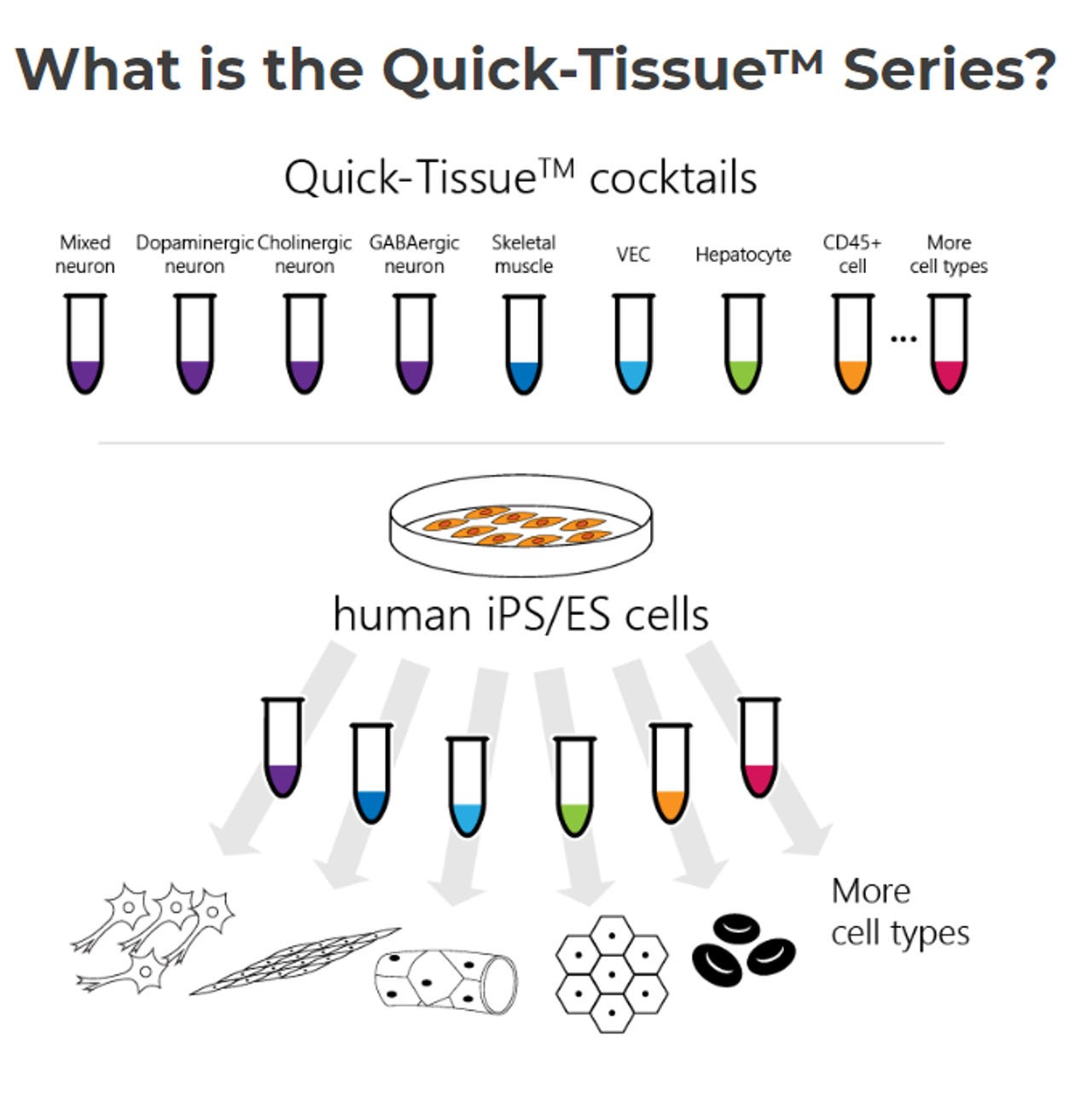Ricoh, Elixirgen Scientific form biomedical venture, meld bioprinting with cell differentiation

Ricoh has forged a partnership with Elixirgen Scientific to develop biomedical products and services.
The effort seems a bit out of character for Ricoh, which is best known as a printer company. However, Ricoh has developed bioprinting technology and sees the biomedical market as a growth engine and has a healthcare IT services unit.
Elixirgen Scientific owns technology called Quick-Tissue that revolves aroud cell differentiation technology. Elixirgen Scientific's product pipeline includes making neurons and skeletal and cardiac muscles. Ultimately, Quick-Tissue could be used to make an array of cells, tissues and organs.

As part of the deal, Ricoh has acquired a 34.5 percent stake in Elixirgen Scientific and plans to help launch a biomedical business in North America. Ricoh and Elixirgen Scientific said they plan to grow the biomedical business to $1.86 billion by 2025.
The two companies aim to support drug discovery by manufacturing cells are differentiated from from induced pluripotent stem (iPS) cells, cell chips seeded with precisely differentiated cells and evaluation services for drug responses.
According to the companies, Elixirgen Scientific can morph cells in as little as 10 days. Elixirgen Scientific plans to make disease specific iPS cells to model for drug screening. Ricoh's bioprinting technology enables control of the number and placement of cells using its inkjet technology.
- Ricoh eyes subscription model, AI, intelligent workflow platforms to advance smart office cause
- Ricoh plans to expand printing horizons, execute multi-year growth strategy
Here's how the technologies would be combined with Ricoh's technology.
Cell chips from the two companies will be able to evaluate human responses to chemicals and improve drug discovery. These two slides illustrate how the pair will aim to meld technologies.